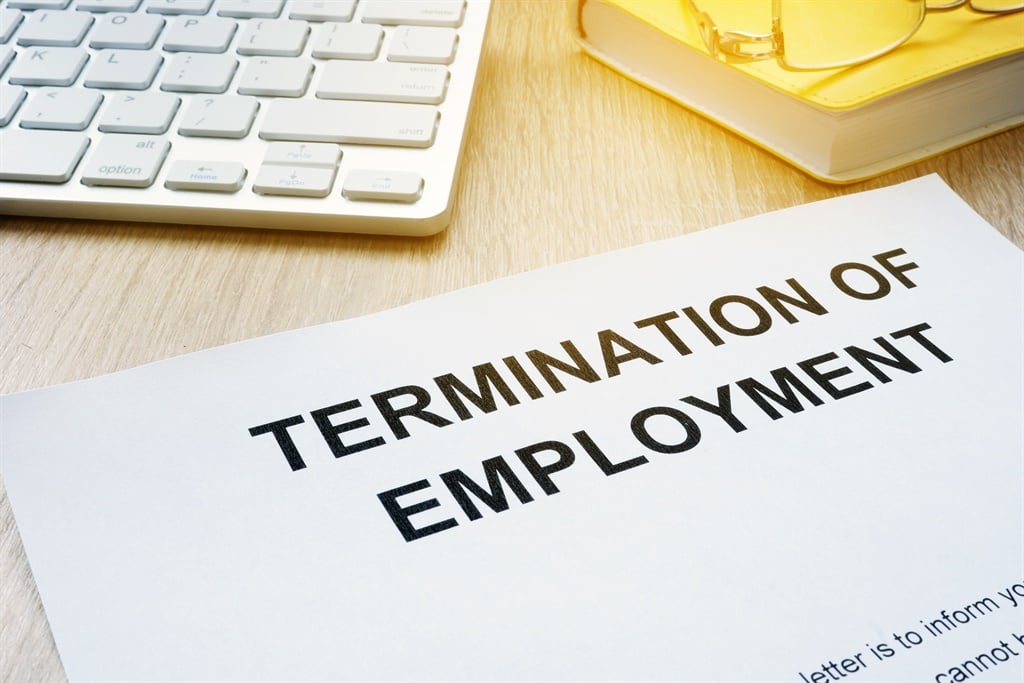
Returning to normal has never been so uncertain and abnormal. The gradual lifting of restrictions following the hard lockdown to prevent the spread of the coronavirus will bring with it many new challenges.
Many companies have been able to open their doors and will gradually increase their workforces until the Covid-19 disease is no longer a threat. They will, however, have to consider the challenges of a continued remote workforce, safety measures for those returning, and operational issues relating to disciplinary hearings and potential retrenchments.
The safety of people returning to work will be at the forefront, and companies will have to be well-prepared for this as they may face claims if they are found to be negligent in ensuring the safety of workers.
Fiona Leppan, director at Cliffe Dekker Hofmeyr’s (CDH’s) employment practice, refers to a case in the US where the employer was found to have been negligent after a worker died from Covid-19. His family claimed wrongful death since no measures were in place to protect him. He workedon nightshift in a major retailer, notified his employer that he was not feeling well, but was allowed to continue coming to work.
If a company does not implement the necessary measures appropriateand relevant to its workplace – and safety measures are introduced as an afterthought when an employee falls ill – it will demonstrate that the company has been negligent.
“Be mindful that there is a need for ongoing understanding and training as we learn more about this virus. What may be good for today may not be good enough in a month’s time,” says Leppan. As workplaces are required to gear up and accept more employees back to the workplace on a staggered and controlled basis, the need to have protocols in place – and to enforce them – is important.“
We can have the very best protocols in writing, but they should not sit in a drawer. They must be worked, and they must be understood,” says Leppan.
Remaining remotely accountable
Historically, employers have pushed back against the notion of having a “remote workforce”. The typical concerns related to a dramatic loss of productivity because of distractions such as pets, kids and Netflix.
However, technology has now shown that people could be kept healthy by allowing them to work from home and, low and behold, some are even more productive because they are free from the office chatterboxes.
Companies may consider allowing people to continue working from home even after the pandemic passes, says CDH director Gillian Lumb.
A major benefit of having employees, and especially key workers, working remotely has been the survival of businesses. However, issues that will require attention include continued security and confidentiality of business and client information, with employees being obliged to ensure confidential information remains secure.
Employees also remain accountable for their conduct, even if they are working in the privacy of their own homes, and especially when it comes to employees now being far more active on social media.
“There is a clear need to remind employees that they are still representing the employer when they are engaged on social media. They may be disciplined if they are not conducting themselves in an appropriate manner.”
It may be necessary to set out a “business etiquette” and ensure that company policies speak to that. When people are working on employer-provided computers, employers will need consent to monitor employee communications to take appropriate action if the conduct is not in keeping with company standards.
At the best of times, performance management is challenging, and doing it remotely is even more so, says Lumb. It may be necessary to rethink key performance areas, performance management processes and different measurable goals.
Current reward systems may not be well- suited for people working remotely. There is also the possibility that some employees may have entered a probation period when lockdown started, in which case Lumb suggests extending the probation period to allow for proper assessments.
In order to address these issues, Lumb advises companies to revisit their employee policies.
“The reality is that this is not the only pandemic we may suffer, there may be national disasters going forward and other emergency situations. Companies will need policies that can deal with these situations quickly.”
Following the law
In months to come companies will continue to minimise face-to-face meetings, which will impact the conducting of disciplinary hearings, says CDH director Michael Yeates.
“The way we approach these hearings now may need to be realigned with the company’s policies, procedures and measures to cater for the Covid-19 situation.” The realignment will also bring with it procedural challenges. Employees may even impose new tactics to try and avoid disciplinary measures.
Yeates says there are two alternative models to consider – the decriminalised and technological models.
1. The decriminalised model
This is more suitable for cases against senior management and envisages parties running the proceedings through several written representations. The senior manager will be informed with “sufficient particularity” of the charges being levelled against them and is invited to make written representation as to why they shouldn’t be dismissed.They must be afforded sufficient time and access to information to make their representations to an independent chair, who will consider the submissions.
2. The technological model
Face-to-face interaction is substituted with technological interventions such as Skype, Zoom or Microsoft Teams. Challenges include computer literacy, no access to the relevant technologyor poor internet connection – none of which is insurmountable, says Yeates.
He also warns of employees claiming to have been in contact with someone who has contracted the coronavirus and therefore needing to self-isolate, in order to avoid a face-to-face hearing. The employer is entitled to insist on an affidavit from a medical practitioner confirming they have instructed the person to self-isolate.
If a company is forced to follow the traditional model and conduct the meeting face-to-face, it must safeguard employees against contamination. Measures will include heat screening, personal protective equipment, and the ability to maintain social distancing at the meeting.
Yeates says that shop stewards have claimed that their unions have instructed them not to agree to technological hearings. The objections and reasoning for this can be presented to the independent chairperson for a directive or ruling on the objection.
“The acid test will be fairness to both parties ... We recommend the appointment of strong chairpersons, well-versed in procedural requirements and the law.”
Lumb says if restructuring becomes inevitable, and people may be retrenched, it is important to follow the provisions of the Labour Relations Act and notify employees in writing through SMS or WhatsApp notices and to follow these up with telephonic conversations.
If employees refuse to engage with the employer despite their efforts, the process can continue in the employee’s “absence”, but employees must appreciate that their decision not to engage cannot be held against the employer at a later stage.
This article originally appeared in the 4 June edition of finweek. Buy and download the magazine here or subscribe to our newsletter here.




 Publications
Publications
 Partners
Partners











